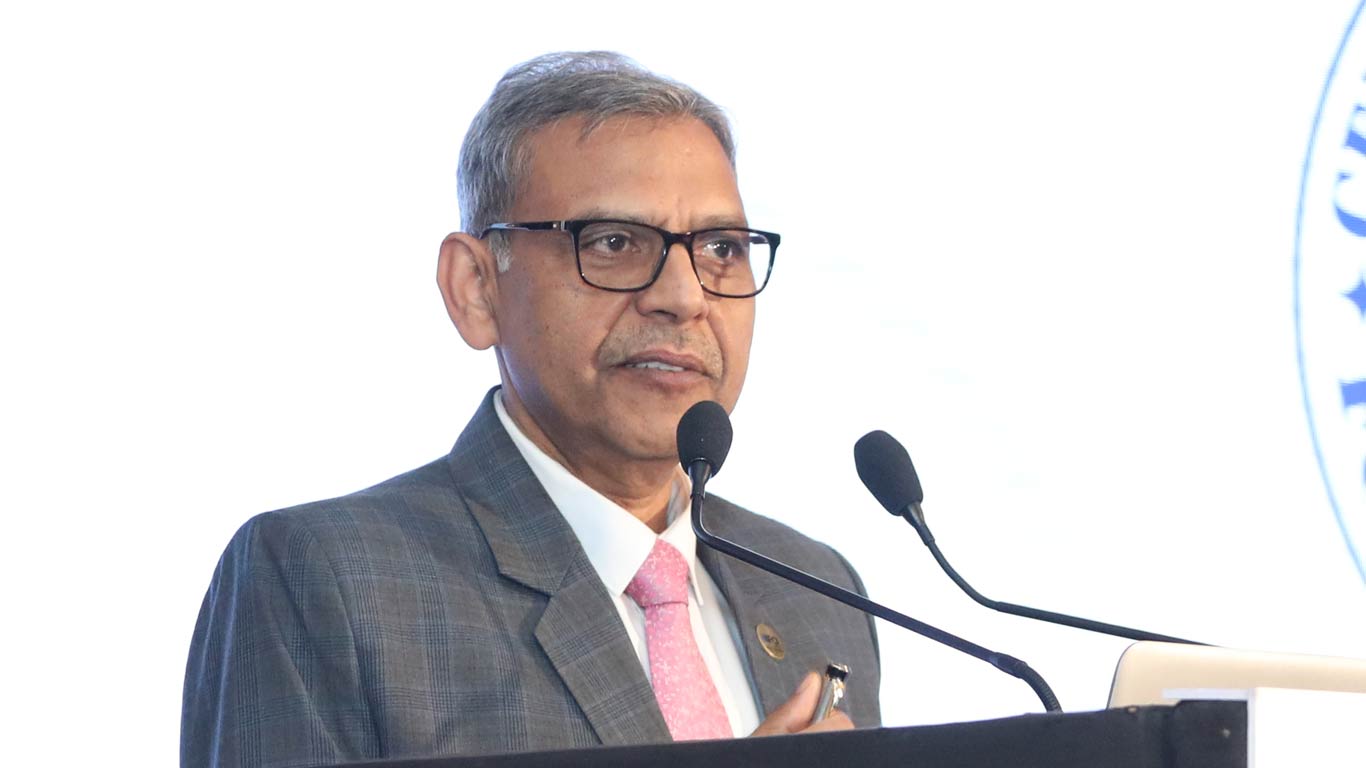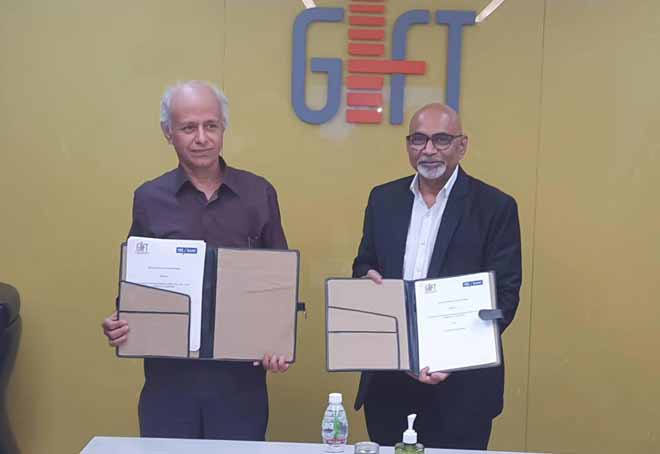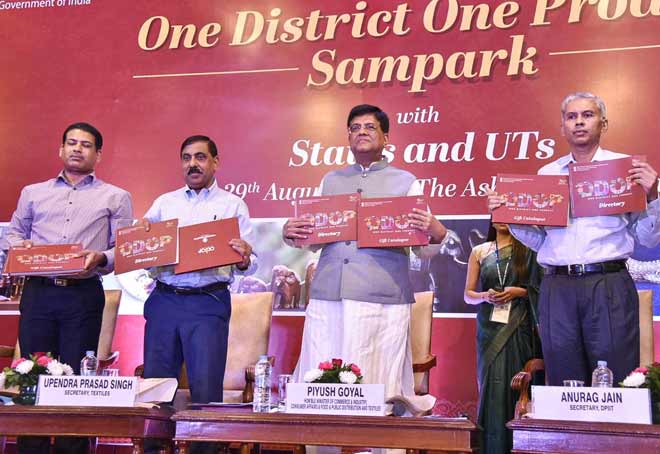Land Leasing: A Big Win-Win Reform for the States - Arvind Panagariya
Updated: Jul 13, 2015 01:40:39pm

He shared the views with the people in his blog post published on the website of NITI Aayog. The full text of the blog post is as follows and can also be accessed at www.niti.gov.in.
“Land leasing laws relating to rural agricultural land in Indian states were overwhelmingly enacted during decades immediately following the independence. At the time, the abolition of Zamindari and redistribution of land to the tiller were the highest policy priorities. Top leadership of the day saw tenancy and sub-tenancy as integral to the feudal land arrangements that India had inherited from the British. Therefore, tenancy reform laws that various states adopted sought to not only transfer ownership rights to the tenant but also either prohibited or heavily discouraged leasing and sub-leasing of land,” Pangariya wrote.
Many large states including Telangana, Bihar, Karnataka, Madhya Pradesh and Uttar Pradesh ban land leasing with exceptions granted to landowners among widows, minors, disabled and defence personnel.
Kerala has for long banned tenancy, permitting only recently self-help groups to lease land. Some states including Punjab, Haryana, Gujarat, Maharashtra and Assam do not ban leasing but the tenant acquires a right to purchase the leased land from the owner after a specified period of tenancy. This provision too has the effect of making tenancy agreements oral, leaving the tenant vulnerable. Only the states of Andhra Pradesh, Tamil Nadu, Rajasthan and West Bengal have liberal tenancy laws with the last one limiting tenancy to sharecroppers. A large number of states among them Rajasthan and Tamil Nadu, which otherwise have liberal tenancy laws, do not recognize sharecroppers as tenants.
In the context of the difficulties in land acquisition under the 2013 land acquisition law, states wishing to facilitate industrialization can further benefit from liberal land leasing if they simultaneously liberalize the use of agricultural land for non-agricultural purposes. Currently, conversion of agricultural land for non-agricultural use requires permission from the appropriate authority, which can take a long time.
State governments can address this barrier by either an amendment of the law to permit non-agricultural use or by the introduction of time-bound clearances of applications for the conversion of agricultural land use in the implementing regulations. The reform open up another avenue to the provision of land for industrialization: long-term land leases that allow the owner to retain the ownership while earning rent on her land.
In addition, she will have the right to renegotiate the terms of the lease once the existing lease expires.
Therefore, the introduction of transparent land leasing laws that allow the potential tenant or sharecropper to engage in written contracts with the landowner is a win-win reform. The tenant will have an incentive to make investment in improvement of land, landowner will be able to lease land without fear of losing it to the tenant and the government will be able to implement its policies efficiently.
Simultaneous liberalization of land use laws will also open up an alternative avenue to the provision of land for industrialization that is fully within the state’s jurisdiction and allows the landowner to retain ownership of her land.
A potential hurdle to the land leasing reform laws is that landowners may fear that a future populist government may use the written tenancy contracts as the basis of transfer of land to the tenant and therefore would oppose the reform. This is a genuine fear but may be addressed in two alternative ways. The ideal way would be yet another major reform: giving landowners indefeasible titles. States such as Karnataka that have fully digitized land records and the registration system are indeed in a position to move in this direction.
For other states, such titles are a futuristic solution. Therefore, in the interim, they can opt for the alternative solution of recording the contracts at the level of the Panchayat eschewing acknowledging the tenant in the revenue records. They may then insert in the relevant implementing regulations the clause that for purposes of ownership transfer, only the tenancy status in revenue records would be recognized.
State governments must seriously consider revisiting their leasing (and land use) laws to determine if they could bring about these simple but powerful changes to enhance productivity and welfare all around. We, at the NITI Aayog, stand ready to assist them in this endeavour,” said Pangariya. (KNN Bureau)











